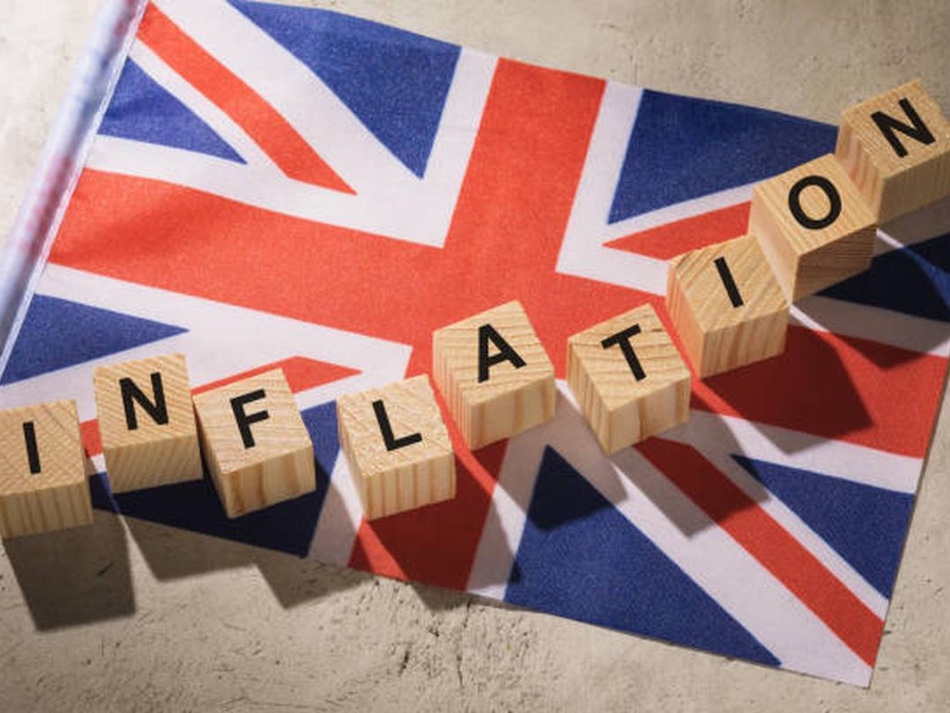Spain is one of the places with the highest quality of life, but that does not mean that you do not have to do numbers to live in it.
The general IPC in Spain has been exceeding the Eurozone average from March 2021 to September 2022. Since then, national inflation has fallen below the European one and the gap is now more than 3.5 points. Although these fluctuations have been intense, the truth is that behind them are the different electricity market contracts, slight variations in the IPC calculation methods and the positive impact of the so-called ‘Iberian exception’, which has lowered the price paid by households with contracts in the regulated market.
Inflation in Spain is about half of inflation in UK
Inflation in the UK reached 11.1% annually in October, the highest in 41 years. The rise in inflation responded to the increase in gas and electricity prices, as well as increases in food, while those of fuel fell slightly. It is true that currently it has moderated a bit, in November 2022 it was 10.7%, 4 tenths less than the previous month. The monthly variation of the IPC (Consumer Price Index) has been 0.4%, so that the accumulated inflation in 2022 is 10.1%.
In Spain, the annual variation rate of the IPC for the month of November stands at 6.8%, five tenths below that registered in October.
This means that inflation in Spain is much lower than in the UK and as a consequence the cost of living in Spain has risen less than in the UK.
If before this inflationary period the cost of living in Spain for a UK citizen was better, now with this difference in inflation in the two countries it is even better.
Why Spanish inflation is lower than British one?
The increase in electricity prices since last year was reflected in the inflation data for Spain earlier and much more intensely than in other European countries. The reason is that to evaluate the prices of electricity Statistics only monitors those corresponding to the regulated market (they account for half of those of the free market, 10 million compared to 19) and it was these who began to notice the increase in electricity prices, since its rate is directly related to the wholesale market.
In Europe, on the other hand, most of the contracts are established in the free market, at a fixed price that is renewed annually, and therefore the impact of the increase in electricity has not been reflected in the IPC until those contracts have been reviewed and included the increase in prices.
In addition, in Spain, the so-called ‘Iberian exception’ has been applied since mid-June, a mechanism designed to reduce the high price of gas, which skyrocketed as a result of the Russian invasion of Ukraine.
Once again, this system has first and foremost affected contracts on the regulated market, but now in the opposite direction, to reduce price rises. And as a consequence, this has already been reflected in the CPI figures. Along with this, we must highlight the drop in gas in October, which has resulted in a drop in the price of electricity.
What happens if inflation keeps going this way?
Effects of inflation. An increase in the general price level implies a decrease in the purchasing power of the currency. That is, when the general price level rises, each monetary unit allows the purchase of fewer goods and services. The effect of inflation is not evenly distributed in the economy.
This situation entails a series of adverse consequences for the consumer, social costs, distortions and uncertainties throughout the economy that, if not controlled in time by the economic authorities, could end up getting out of control and causing much more serious problems.
How does inflation affect my quality of life as an expat in Spain?
Overall, the cost of living in Spain in 2022 is still much cheaper than in the UK. Rents, for example, are a whopping 52% less, groceries 24% less and the Consumer Price Index (including rent) over 35% lower than the UK.
However, despite the lower cost of living in Spain, the average salary is far less than that of the UK.
The average Spaniard takes home around €1,409 per month. This is a lot less than the average monthly net income in the UK which is around €2,458 per month. This means that a person with a job in the UK and a salary there will be able to live better here than in her country.
Which is the forecast about inflation in Spain for 2023?
Forecasts suggest that inflation will continue to moderate in the coming months and throughout the next year. The 2022 financial year could end with inflation around 6% in December, with an average of around 8.5%, and in 2023 a much more moderate average rate is expected, around 4%.
Come to Spain and feel like at home
Spain is a fantastically well-developed country with an excellent standard of living. The cost of living there is very low compared to other European countries, the friendly locals and breezy lifestyle are excellent for expats who want to live here.
So if you’re thinking of somewhere nice and sunny for your life, then you might want to live in Spain.
Remember also that at Tiekom we are happy to help you and to make your life easier here. Check our services for foreigners in Spain.

